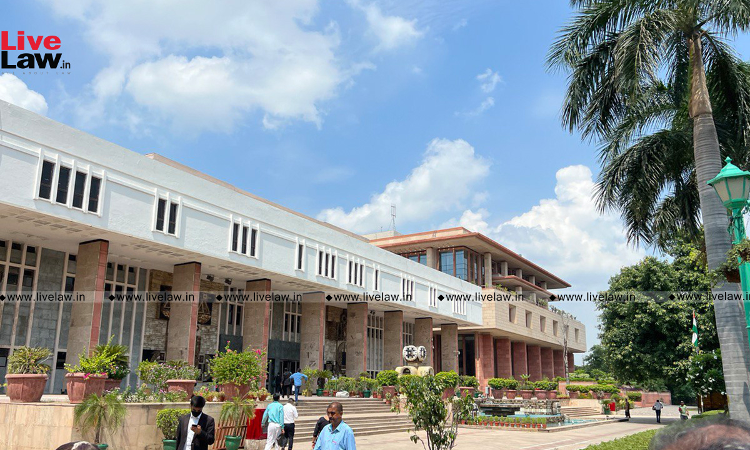Section 10 CPC 'Eviscerates' Litigant's Right To Expeditious Trial, Must Be Construed Strictly: Delhi HC
Awstika Das
22 Sept 2022 8:15 AM IST

Next Story
22 Sept 2022 8:15 AM IST
The Delhi High Court has reiterated that Section 10 of Code of Civil Procedure would apply only where the whole subject matter in both the proceedings is identical.Section 10 CPC prevents the trial of a suit in a matter regarding which there is already a case pending in a court of competent jurisdiction. When the same parties file two or three cases in the same matter, the competent court has...
